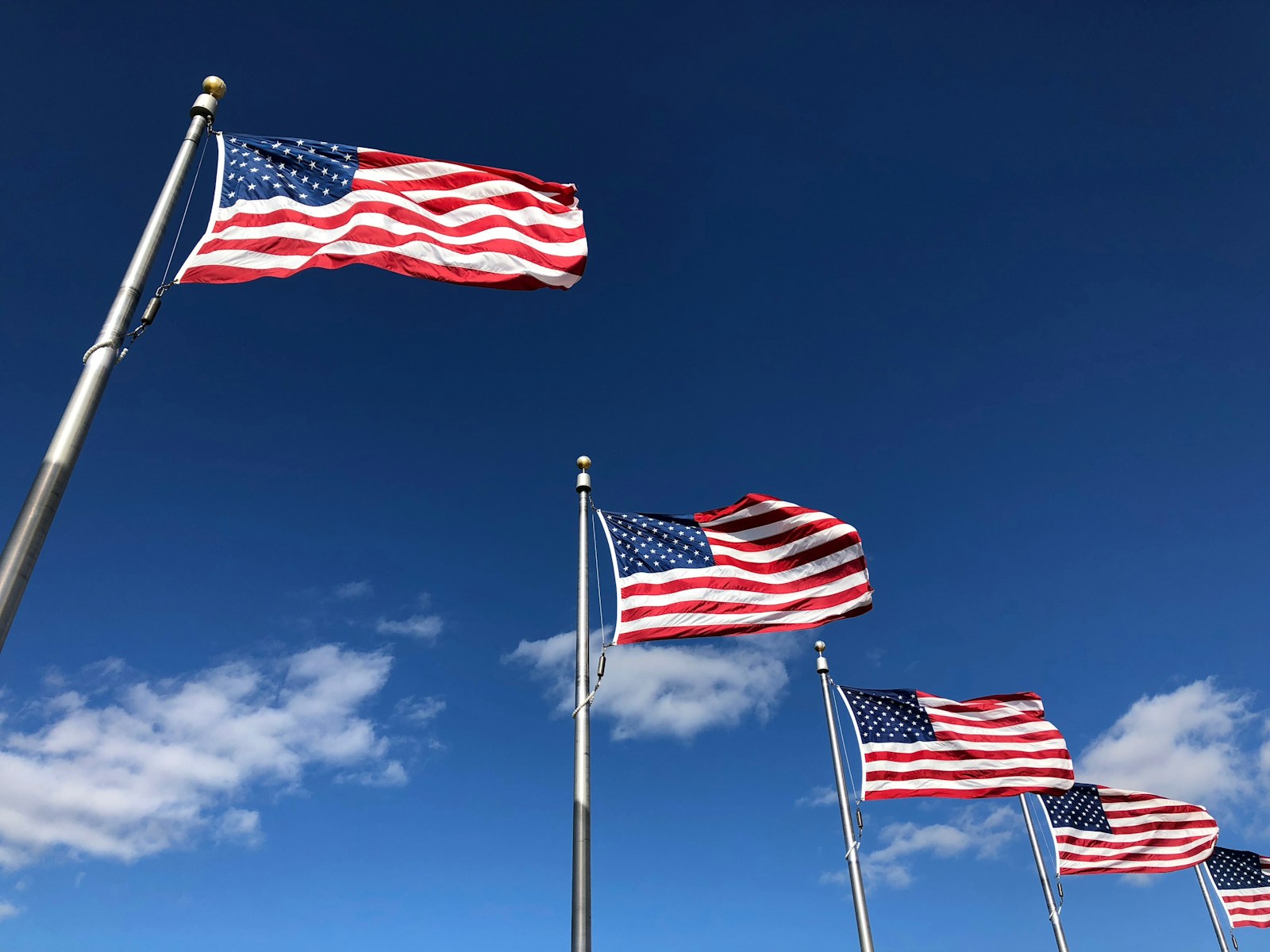Key takeaways
1 The new megabill adds three trillion four hundred billion dollars to the deficit
2 The wealthiest ten percent of households gain large tax cuts
3 The poorest ten percent of households lose aid for food and health care
4 Millions of people will lose health insurance and food support
5 The hardest hit include children seniors veterans and immigrants
What the new law does
First the law raises the national debt by a huge margin. Next it cuts taxes for high income families. Meanwhile it reduces funding for programs that feed and care for low income people. For example it limits health coverage for roughly ten million people over ten years. It also cuts food aid for about four million Americans including one million children.
Who wins and who loses
On one side the richest ten percent get on average thirteen thousand six hundred dollars more each year. On the other side the poorest ten percent will lose about one thousand two hundred dollars per year. In other words hardworking families pay the price while the wealthiest benefit. As a result this shift widens the gap between rich and poor in our nation.
Impact on food aid programs
Moreover the law slashes funding for nutrition support. It will end food aid or reduce benefits for roughly three hundred thousand people each month. Also almost one hundred thousand children will no longer receive free meals at school when parents lose food aid. In addition the new rules force adults to work more hours to keep benefits. Yet research shows work rules do not boost employment or income. Instead these rules strip food assistance from people in need.
Also the law will block tens of thousands of immigrants from receiving food support. Many of them arrived as refugees or asylum seekers. Therefore children and other vulnerable people will lose vital help putting food on the table.
Health care cuts too
Besides food aid the law cuts medical help. It will remove insurance for millions of Americans over the next decade. Veterans seniors and children will face higher costs or no coverage at all. This change undermines decades of efforts to protect the most at risk.
Democratic leaders speak out
House and Senate Democratic leaders demanded answers from the budget office. They called the law cruel unfair and deeply unpopular. They said it rips food and health care from children veterans and seniors. In return it hands out massive tax breaks to billionaire donors. They argued the law sells out working families to enrich the rich.
One leader noted how the bill makes the top ten percent richer while the poorest lose essential aid. Another said this law is a total betrayal of the middle class. They urged Americans not to forget who voted for it.
Progressive experts weigh in
A senior director at a leading policy center called the law class warfare. He pointed out that the rich face no cuts to their tax break yet the poor lose food and health help. He warned that states may cut even more food aid when they fail to fill the funding gap. This could make hundreds of thousands more people lose benefits.
A policy analyst added that the harm extends to entire households. When an adult loses food aid the rest of the family also sees lower benefits. This includes kids seniors and those with disabilities. She stressed that in tough economic times states will struggle to support these programs. The risk of deeper cuts will grow during a recession.
Americans feel the pain
Meanwhile many Americans struggle under rising prices for groceries rent and utilities. Polls show families feel stressed over higher bills. An advocacy group even launched a tool to help people track price hikes in their state. The tool reveals how much more families pay for basic needs under current policies.
Critics say the megabill makes matters worse. They say it steals from working families to reward billionaire donors. They urge lawmakers to rethink the choices in the law. For example they could keep food and health funding while trimming tax cuts for the richest. Even with smaller breaks the wealthiest would still benefit.
Why it matters
In a nation built on fairness policymakers must consider who bears the costs. Right now the burden falls on the most vulnerable. Children seniors veterans immigrants and low income families will face tougher days. At the same time billionaires gain more wealth.
This outcome shapes the nation for years. Higher deficits mean future cuts to schools roads and public services. Added debt can push interest rates higher. That will cost everyday Americans more when they borrow for homes or schooling.
What comes next
As debates continue both sides will push public opinion. New polls could sway lawmakers before the next vote. Grassroots groups may protest in capitals and online. However the law remains in effect until it faces legal challenge or a new vote.
In the long term voters will remember which leaders championed fairness. They may hold them accountable at the ballot box. For now millions of families face hard choices over food health and bills. The new law signals tough times ahead for many.
Ultimately this story shows how policy decisions shape real lives. It reveals clear winners and losers. For those who struggle the message is loud and clear. This law favors wealth over need.
